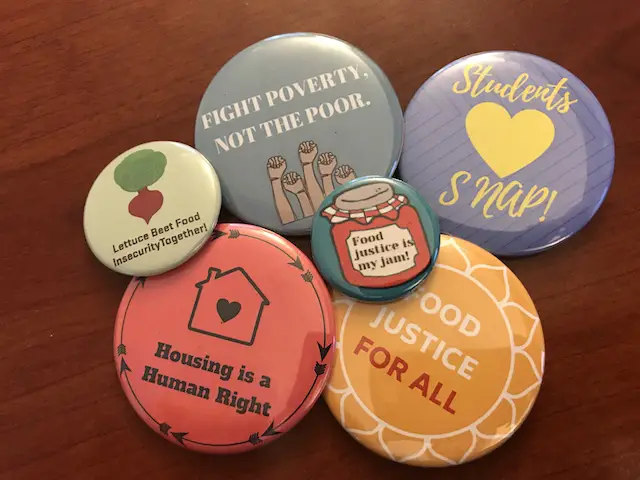Food insecurity on campuses directly affects various aspects of students life and has the potential to affect their ability to learn, according to research presented at the annual convention of the American Psychological Association.
According to the study presented by Yu-Wei Wang, a University of Maryland-College Park scholar, lack of access to a reliable supply of nutritious food can make a student fail assignments and exams, withdraw from classes or the university, score lower grade points and even stay away from such important career opportunities as internships.
Wang surveyed 4,901 students at the University of Maryland-College Park during the fall 2017 semester and found nearly 20 percent of students were food insecure during the previous year, while 13 percent reported experiencing low food security.
“With increasing wealth inequality and student loan debt in the United States, we need to address the food insecurity problem on college campuses and make sure it does not restrict a student’s ability to succeed,” Wang said.
A study conducted by researchers from the University of Iowa and Temple University found that out of 30,000 college students nationally, approximately half of two-year and four-year students are food insecure. Another 2018 study found that 36 percent of college students experience hunger.
A similar report by the Government Accountability Office (GAO) found that 30 percent of college students today are food insecure.
Another study presented during the convention also found the deep impact of food insecurity on student’s academic performance with a reduced focus on classwork.
Heather Bullock, a researcher at the University of California-Santa Cruz, organized focus groups with 91 food insecure students who come across many barriers including difficulty in accessing benefits and stigma and time-consuming strategies to secure food.
The most common thing in both the studies was how food insecurity disproportionately affected a particular section of the population which includes first-generation college students, racial/ethnic minority students, international students, those from immigrant backgrounds and transgender, gender non-conforming students.
Last month, Senator Elizabeth Warren (D-MA) moved a bicameral College Student Hunger Act of 2019 that would make students who receive pell grants and independent students eligible to apply for Supplemental Nutrition Assistance Program (SNAP) benefits. It would also lower the 20 hours per week work requirement for college students to 10 hours.
Two Senators Introduce Bill to Combat Campus Food, Housing Insecurity



